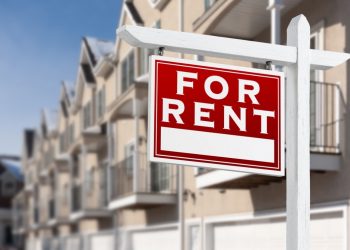Climate change and more extreme weather patterns will also continue to have a strong impact on coastal homes and many other properties across the country. Muldavin cited the impact of recent storms like Hurricanes Katrina and Sandy, and how property owners in these markets are now dealing with changes in code and zoning standards and paying significantly higher insurance premiums.
Like weather and geologic events, major global events can also impact real estate markets, such as acts of terrorism, war, global debt crisis and financial and economic downturns, he said. “The risk of future events is high, and while it’s always hard to anticipate these risks, they need to be considered because their impact is often great,” said Muldavin.
Increased natural gas and oil production in the U.S., which has an impact on the economy and environment, is another issue with implications for real estate. He said there’s been an increase in fracking and oil and natural gas production in recent years, and while this is creating greater employment opportunities and reducing U.S. dependence on foreign oil, it’s also contributing to climate change, environmental degradation and contamination.
Muldavin also cited globalization, foreign investment and the economies of other countries as variables that will continue to have a greater impact on the U.S. economy and real estate market.
Another issue is how technology will continue to impact office spaces. Muldavin said many corporations are employing work-from-home policies and other mobility solutions that are allowing individuals to work when and where they want, significantly reducing office space requirements.
“Many people are replacing physical items with electronics and free or virtual products, such as e-books and smartphones enabled with cameras, GPS and flashlights. This means businesses will continue to require less retail space, so I believe the trend in the future will be for fewer and smaller stores,” he said.
Muldavin said the impact of the Internet on bricks-and-mortar retail stores is also a growing issue. He said retail demand is down across the country due to an increase in Internet sales, which are expected to rise from the current 6.5 percent to nearly 15 percent by 2020.
For more information, visit www.realtor.org.










